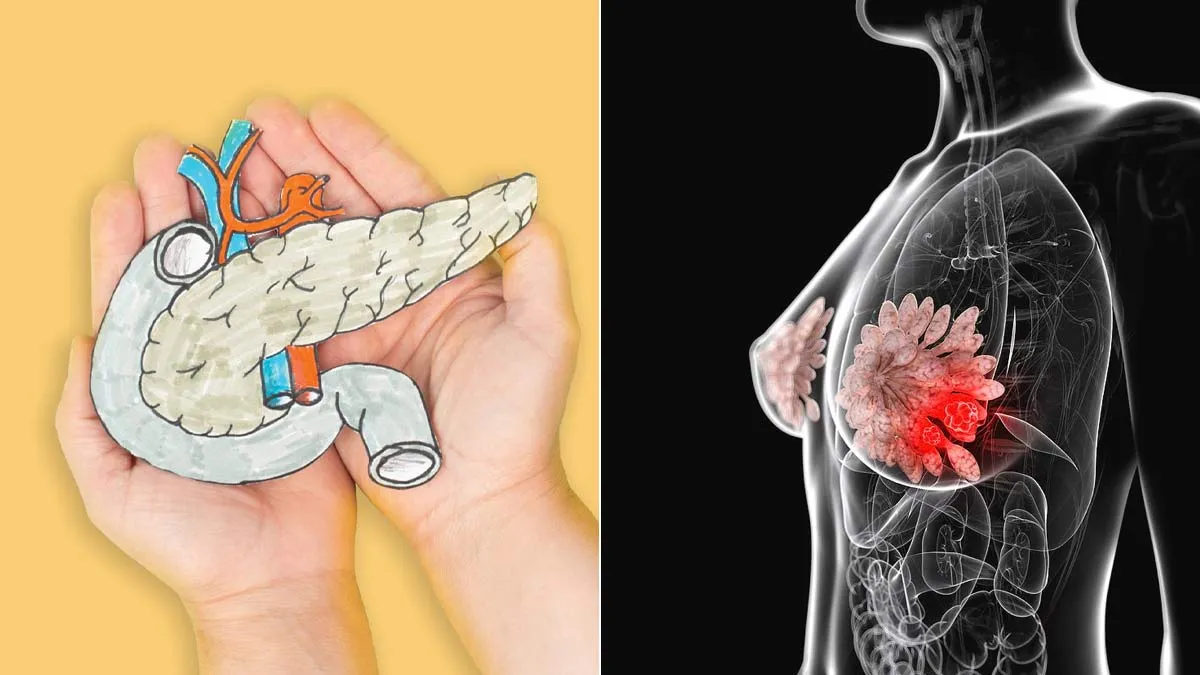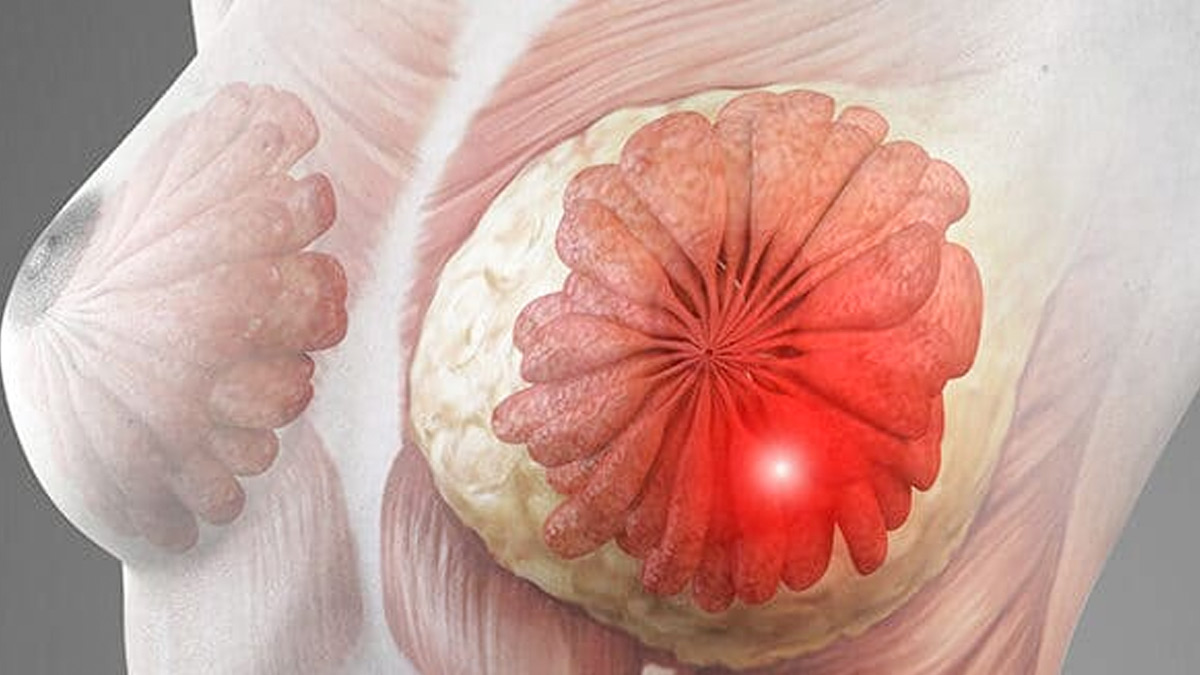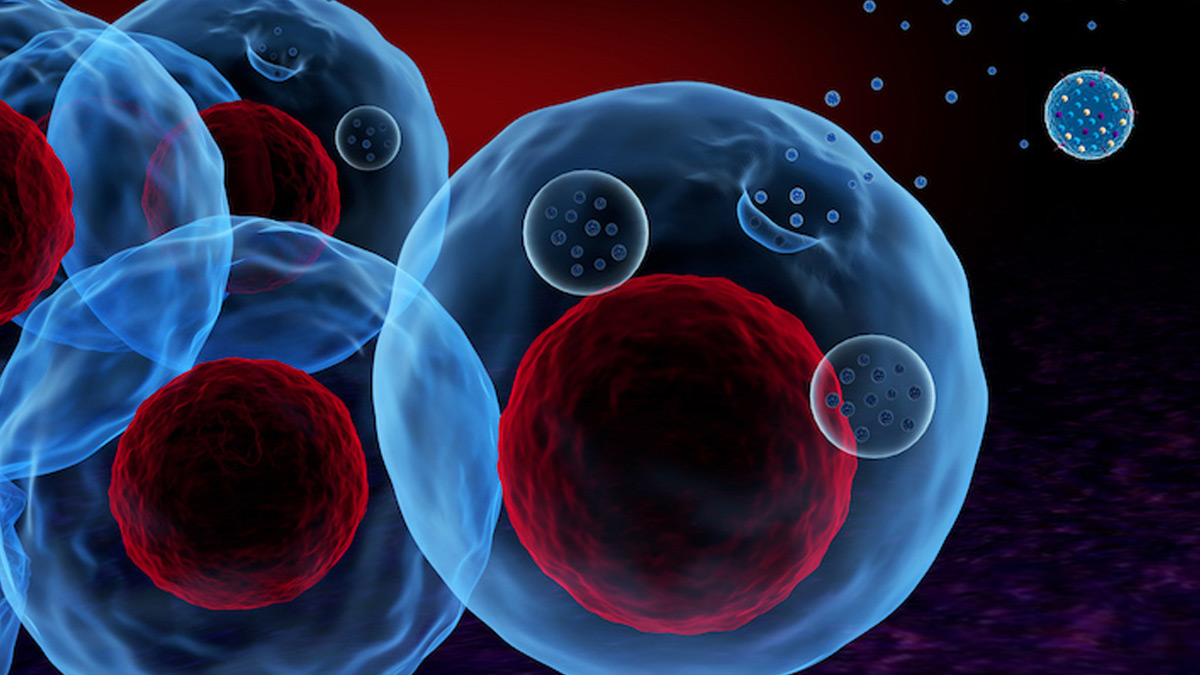
Breast cancer is one of the most common cancers affecting women worldwide. Many factors influence how aggressive the cancer becomes and how it responds to treatment. Recently, researchers have found a link between type 2 diabetes and more aggressive breast cancer. This finding has caught the attention of both doctors and patients because diabetes is common and growing in numbers globally. What does this mean for those battling breast cancer and diabetes? Read ahead to know what the latest study claims and what it reveals.
Table of Content:-
New Study Showing Link Between Diabetes and Breast Cancer![breAST CANCER 3 - 2025-08-28T154151.074]()
A study led by researchers from Boston University’s Chobanian & Avedisian School of Medicine uncovered how type 2 diabetes can make breast cancer more aggressive. The study, titled "Insulin Resistance Increases TNBC Aggressiveness and Brain Metastasis via Adipocyte-derived Exosomes," was published in the journal Molecular Cancer Research.
Researchers studied tiny blood particles called exosomes from people with type 2 diabetes. They found that these particles affect immune cells inside breast tumours, weakening their ability to fight the cancer. When immune cells are less active, cancer can grow and spread more easily.
Gerald Denis, PhD, the lead author, explained, “This is the first study to directly link exosomes from people with type 2 diabetes to suppressed immune activity inside human breast tumours.” He added that diabetes changes how tumours interact with the immune system, which may explain why breast cancer is often harder to treat in diabetic patients.
ALSO READ: Is Your Woman Impulsive? Study Reveals Nighttime Coffee Could Be The Reason
What Are Exosomes and Why Do They Matter?![exosomes 4 - 2025-08-28T154153.247]()
Exosomes are tiny structures discharged by fat cells, among other cells, into the blood. They also transport molecules such as micro RNAs, which have an influence on cell-level communication. The exosomes in diabetes transform in a manner that weakens the immune cells within tumours. Cancerous cells will have a higher likelihood of spreading to other parts of the body, as well as growing faster without a strong immune defence.
A special lab model was employed by the researchers, which is referred to as patient-derived organoids. The mini-tumours allow the immune cells of real patients to be preserved, which enables scientists to observe the effect of diabetes-modified exosomes on tumour growth in a life-like environment.
Diabetes and Breast Cancer: What Patients Should Know![diabetes and breast cancer link 2 - 2025-08-28T154158.884]()
- Type 2 diabetes patients are more likely to have breast cancers that are more aggressive and spread more quickly, hence becoming difficult to treat.
- Diabetes also predisposes the likelihood of complications and leads to poorer overall outcomes among breast cancer patients.
- Immunotherapy-based treatment, which is dependent on the immune system, may not be effective in diabetic individuals due to diabetes-induced immune suppression.
- It has been revealed by other studies that diabetic patients tend to have reduced survival rates when breast cancer occurs. This observation is given a biological explanation by this new study.
Why This Research Matters
According to Denis, understanding how diabetes impacts breast cancer opens doors for better treatments. By targeting the altered exosomes or helping immune cells regain strength, doctors can provide more personalised and effective treatment to patients with both conditions by attacking the corrected exosomes or assisting the immune cells to achieve greater strength. This result also reflects the need to treat diabetes in general health and within the cancer context.
ALSO READ: Skipping Sleep? Study Shows How You Could Be Raising Your Diabetes Risk
Final Thoughts
The association between aggressive breast cancer and diabetes is an invaluable finding. It demonstrates the impact of chronic illnesses such as diabetes on the behaviour and success of cancer treatment. This requires close attention and individualised therapies for patients and their caregivers. Meanwhile, lifestyle, use of medication and regular management of diabetes are necessary and should be used to complement the treatment of cancer and enhance the outcomes.
Also watch this video
How we keep this article up to date:
We work with experts and keep a close eye on the latest in health and wellness. Whenever there is a new research or helpful information, we update our articles with accurate and useful advice.
Current Version
Sep 27, 2025 15:03 IST
Published By : Vivek Kumar



